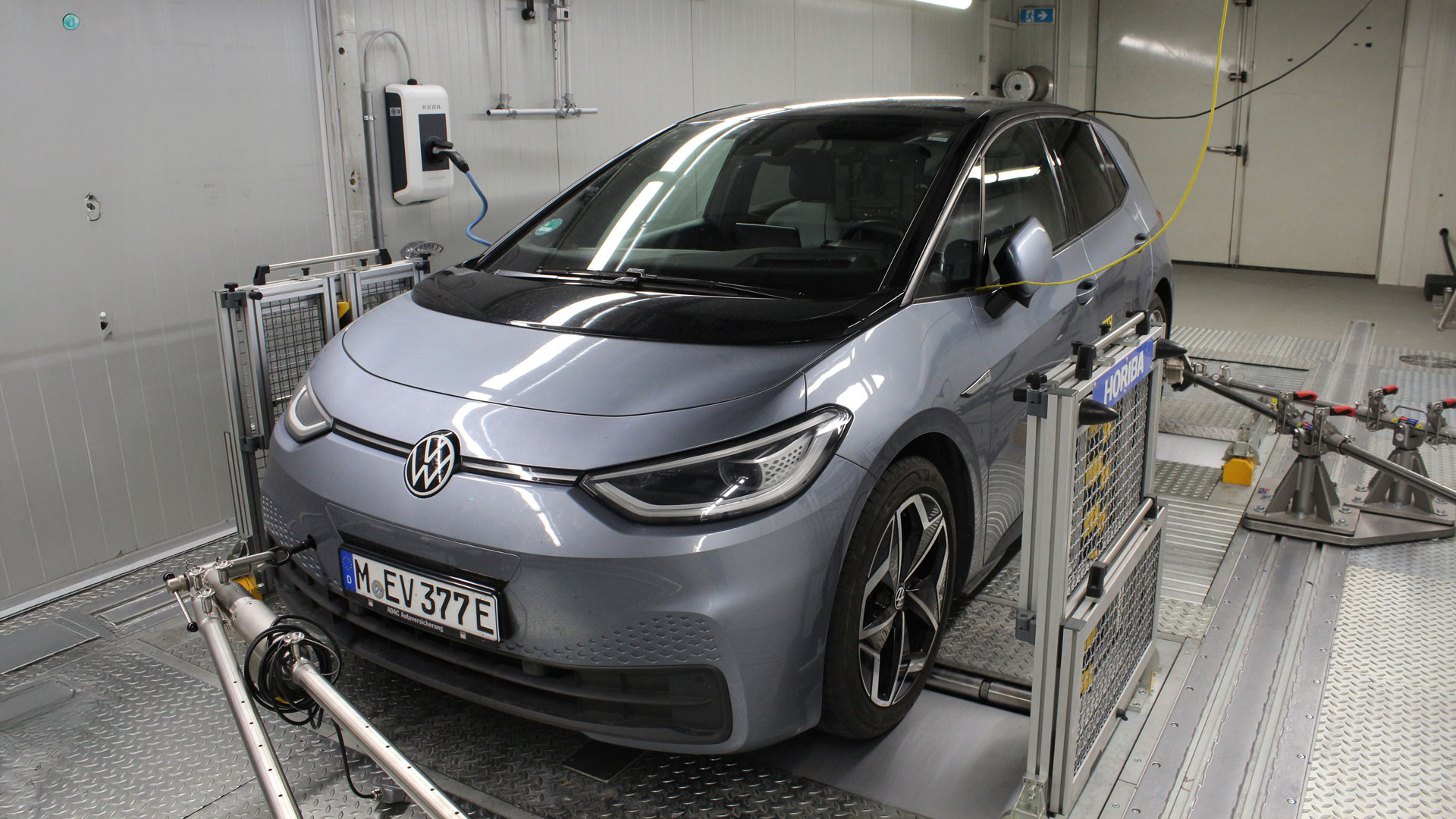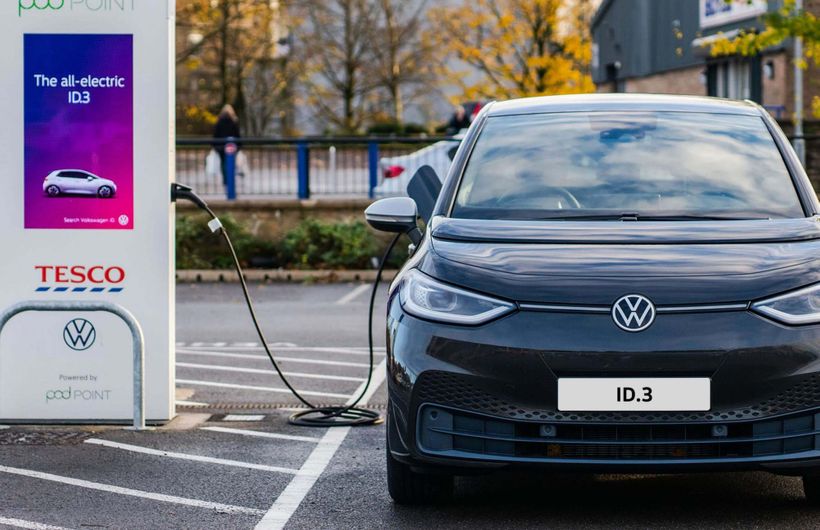Volkswagen’s ID.3 has demonstrated impressive long-term durability, completing a gruelling 107,000-mile endurance test with only modest battery degradation – and in some areas, better performance than when it started.
The long-term trial, carried out by Germany’s ADAC motoring organisation (the equivalent of the UK’s AA), saw a 77kWh ID.3 cover over 160,000km in real-world driving over four years. The result? The usable battery range dropped by just eight miles – a sign, says ADAC, that modern EV batteries are more robust than many expect.
Despite frequent 100% charges and extended idle periods – both often criticised as harmful to battery health – the ID.3 retained 91% of its original capacity. That comfortably exceeds Volkswagen’s own battery warranty, which covers 70% state of health for up to 100,000 miles or ten years.
ADAC regularly measured the car’s battery condition across the test. At 13,500 miles it was at 96% health, before gradually falling in one-percent steps to 91% at 90,600 miles, where it has remained since. Yet the car has become more efficient over time, too. Software updates pushed its energy use from 3.11 miles per kWh in early lab tests to 3.40mpkWh in 2024 testing. Over the full test, it averaged 2.70mpkWh in real-world driving.

Charging performance also improved. The ID.3 originally maxed out at 125kW on rapid chargers, but now hits 160kW after over-the-air software updates – enough to shave around two minutes off a 10–80% top-up.
Volkswagen introduced the ID.3 in 2020 as the first of its ID-branded EVs, built on the dedicated MEB platform. Early versions – like the one tested – used a 204bhp motor and rear-wheel drive, with various battery sizes offered. The 77kWh model tested here is rated for up to 336 miles (WLTP).
The ID.3’s real-world battery resilience suggests that electric cars don’t suffer from any significant loss of range – even when exposed to factors that are known to have an impact on battery life. This bodes well for the used electric car market, where battery degradation is one of the biggest concerns for buyers. ADAC plans to continue the test with the ID.3, with another battery check scheduled at 155,000 miles.
 The ID.3 was Volkswagen's first car to be built on the MEB platform. The battery resilience of high mileage examples bodes well for buyers looking to buy early cars on the used market.
The ID.3 was Volkswagen's first car to be built on the MEB platform. The battery resilience of high mileage examples bodes well for buyers looking to buy early cars on the used market. 










